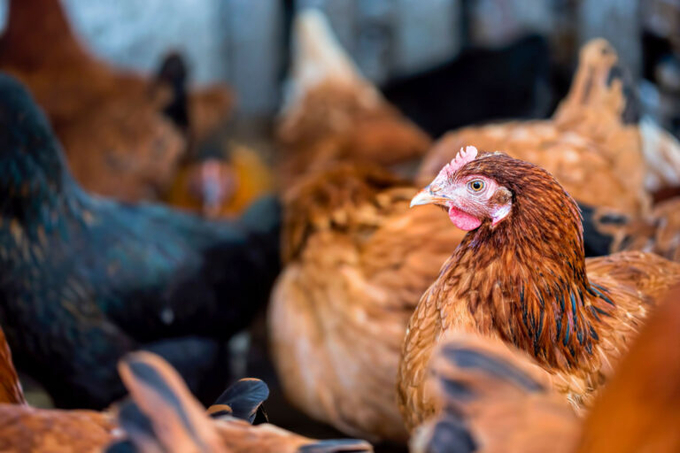November 27, 2025 | 17:42 GMT +7
November 27, 2025 | 17:42 GMT +7
Hotline: 0913.378.918
November 27, 2025 | 17:42 GMT +7
Hotline: 0913.378.918

The British Hen Welfare Trust has been encouraging consumers to influence hen welfare with their purses by opting for the best eggs they could afford in the supermarket, as “change happens best from the ground up”. Photo: Canva.
In a letter to environment secretary Steve Reed, food companies Waitrose, the Co-op, Marks and Spencer, Morrisons, Greggs and Mitchells & Butler said they had all eliminated caged egg-laying hens or committed to do so by the end of 2025, but were concerned that there would still be 4 million UK laying hens. This, they argued in the letter, would create an unlevel playing field in the industry.
Time is indeed running out for UK retailers who pledged to be cage-free by 2025, according to a poultry welfare charity that has been campaigning on the issue for nearly 2 decades.
Since 2005, the British Hen Welfare Trust has been encouraging consumers to influence hen welfare with their purses by opting for the best eggs they could afford in the supermarket, as “change happens best from the ground up”.
The campaign, with support from other welfare groups, led retailers such as Tesco, Aldi and Lidl in 2016 to vow to stop selling eggs laid by caged hens by 2025. The pledge is entirely voluntary and there are no boundaries in place on exact timeframes and whether this means both sell eggs and eggs for ingredients.
The British Hen Welfare Trust has been looking at the latest situation and has determine the following:
Even if the retailers in question do meet their commitments, the British Hen Welfare Trust questions what it actually means for hens. It says barn eggs will be increasingly offered on retail shelves. Latest statistics on the number of barn eggs produced in the UK show a doubling between 2022 and 2023.
Defra statistics show the total market for 2023 was made up of:
The British Hen Welfare Trust said that while it was pleased to see the production of caged eggs falling significantly in the UK over the past decade, it wanted to see all hens kept in higher welfare free-range organic systems.
Cage bans are already in place in Luxembourg, Switzerland and Austria and bans are set to come into force in Germany (2026), Czechia (2027) and Slovakia (2030).
(Poultryworld)

(VAN) After the institutional merger, Da Nang possesses significant forest-carbon reserves and is proactively engaging in the carbon market, creating a new revenue stream.

(VAN) An Giang strengthens communication against IUU fishing, increases inspections and sanctions, and is determined to remove the EC’s “yellow card” while developing a sustainable fisheries sector.

(VAN) As green transition becomes a global trajectory, Viet Nam’s biggest challenge is not only technology and models, but how to ensure that capital flows reach the right beneficiaries.

(VAN) The Ministry of Agriculture and Environment must spearhead the construction of green governance, spanning decision-making processes and investment standards to policy evaluation mechanisms.

(VAN) The Agriculture and Environment sector of Khanh Hoa has achieved numerous milestones over the past 80 years, contributing significantly to the goal of establishing the province as a centrally governed city by 2030.

(VAN) Viet Nam is entering the pivotal period of 2025-2030, moving toward the formulation of the Remote Sensing Law, which will establish a legal foundation for the development of national digital data.

(VAN) The agricultural sector is finalizing the strategic framework for emission reduction, setting the goal of sharply cutting methane and 403.7 million tons of CO2 equivalent and moving toward Net Zero by 2050.